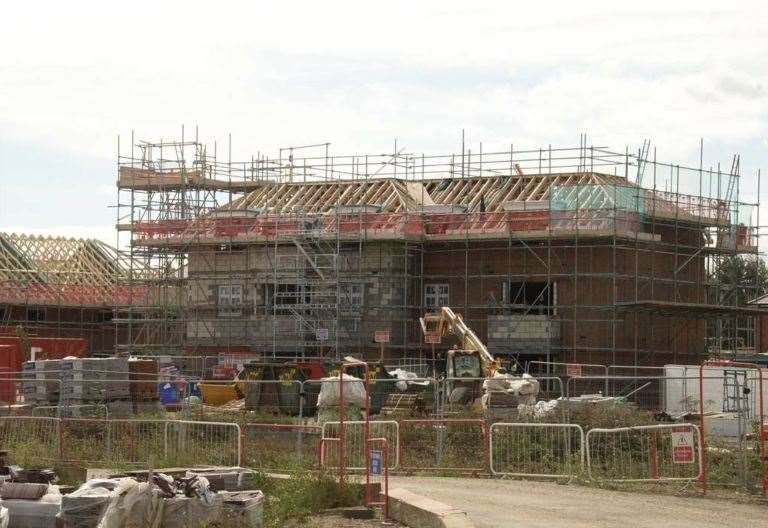“DON’T kill the golden goose laying the golden eggs” was the warning as BCP Council announced its intention to nearly double charges imposed on small-scale housing projects and town centre development.
The Community Infrastructure Levy (CIL) is a charge on developers by local authorities aimed at ensuring the impacts of schemes are mitigated by the right supporting infrastructure being in place.
BCP Council wants to revamp its charges and has now launched a public consultation over the move, but some councillors warned it could make housebuilding financially unviable for smaller developers.
A report to the latest full BCP Council meeting outlined that developers behind student accommodation and retirement and extra care housing – schemes that are currently exempt from CIL charges – should pay fees.
The highest charge will be for retirement homes, proposed to come in at £150 per square metre.
For residential schemes of between one and nine homes, the charge will rocket from £150 per sqm to £280, and for town centre projects, costs will double from £20 to £40.
mpu1
Council leader Vikki Slade said the impact of these types of development was “just as significant, in some regards, as any other,” pointing out that communities have been “missing out on” this much-needed funding.
But some members were concerned developers would be put off by the increase.
Conservative Cllr Philip Broadhead told the meeting: “It’s all very well putting up CIL collections so we have more money to play with, but you have to balance that against a very real need for accommodation.
“We are talking about small house-builders that are very good for the inclusive, circular economy – are we absolutely convinced that doubling CIL is not going to preclude them from doing the development that we need to see?
“We all want money to spend on our communities, but I certainly don’t want to do it to the detriment of housing for our most vulnerable.”
Lib Dem Cllr Marcus Andrews said the consultation should be targeting developers, whose comments should then be “critically analysed”.
“Clearly we don’t want to effectively kill the golden goose laying the golden eggs,” he said.
mpu2
Cllr Stephen Bartlett said he would not oppose the review, but cautioned that “for every action, there’s an opposite reaction”.
“I suspect we will get a reaction from the developing community,” he said. “And of course they will have the opportunity to make their voices heard through the consultation.”
Cllr Michael Tarling, for Christchurch Town, asked if the town council’s proportion of CIL would go up as a result of the charge increase, but council leader Vikki Slade said discussions around this would be held at a later date.
“The way it’s spent will be coming back through cabinet in the next few months,” she clarified.
Backing the move, Cllr Slade reminded fellow members that a common complaint among residents was a lack of infrastructure to support housing developments.
“That’s what we hear all the time,” she said. “But how do we fund it? Well, this is how we fund it. It’s all very well saying we want the town centres done, but we are not going to get that without the CIL.”
Cllr Slade explained that following the public consultation, the proposed charging schedule would go to the secretary of state for examination, alongside the Local Plan.
“The consultation is really designed for those people who are being charged,” she explained.
To take part in the consultation, visit https://haveyoursay.bcpcouncil.gov.uk/cil-2024

